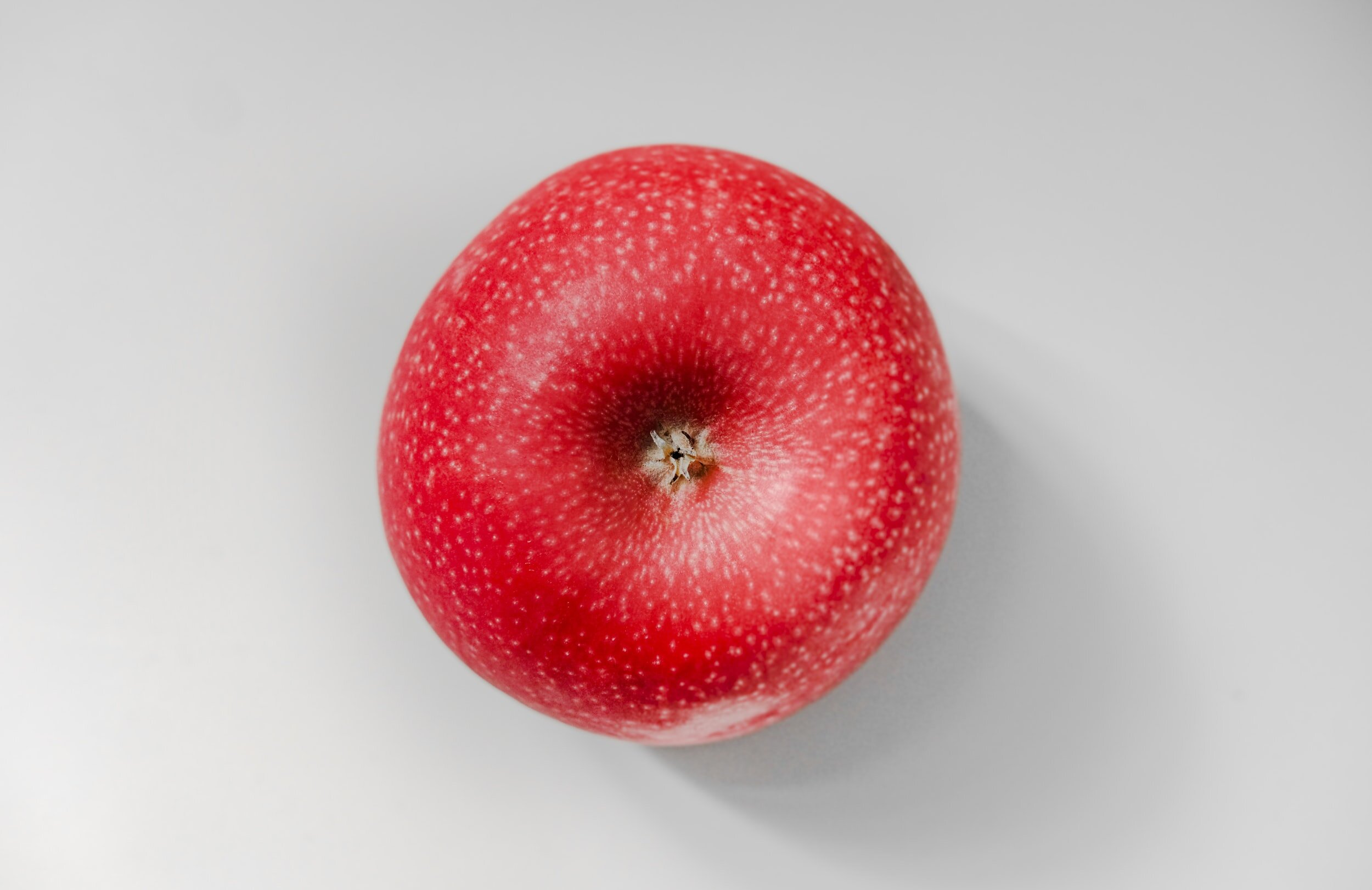John Newton & Handel’s Messiah
While Newton was not a great lover of Handel’s Messiah and was indeed considered by many to be harsh and critical of it, he acknowledged that others thought differently from him and in the closing sermon he says, permit me to hope and to pray, that the next time you hear the Messiah, God may bring something that you have heard in the course of these sermons, nearly connected with the peace and welfare of your souls, effectually to your remembrance"
When performances of the oratorio Messiah were at their height in London in 1784 a series of sermons were being given in a London Parish Church. The rector, John Newton, was expounding the texts on which Messiah was based to his congregation.
HANDEL
George Frederic Handel was born on 23 February 1685 in Halle, Saxony. His father was a surgeon and his mother the daughter of a Lutheran clergyman. As a young boy he showed a remarkable gift for music and his family encouraged this talent. He had the opportunity to hear excellent music in Halle both in the church and in the civic hall.
While at University he served as organist for one year in the Reformed (Calvinist) Cathedral in Halle. He moved to Britain in 1710 and became a British subject in 1726 enabling him to be appointed a composer of the Chapel Royal.
Handel worked diligently composing many operas and they were met with varying degrees of success. By 1741 he had written about 40 such works but opera was facing a serious decline in London for a variety of reasons. Owing to that decline Handel considered a change of direction in his life but such a change proved unnecessary.
THE MESSIAH
The Duke of Devonshire, Lord Lieutenant of Ireland, invited Handel to furnish a work in aid of a collection of Dublin charities. To assist in this work Charles Jennens, described elsewhere as a worldly cleric, sent Handel Biblical texts and it is on these texts that the oratorio is based. On receiving these texts he set to work with great enthusiasm and wrote the oratorio in a few weeks beginning on 22 August 1741 completing it by 12 September 1741.
The first public performance took place in Dublin on 13 April 1742 before an audience of some 700. One Dublin newspaper reported: "The Sublime, the Grand and the Tender, adapted to the most elevated, majestic and moving Words, conspired to transport and charm the ravished Heart and Ear."
During Handel’s lifetime Messiah did not obtain the popularity that it achieved in later generations. No regular performances were given until the last few years of his life when a number of performances were staged in aid of the Foundling Hospital. Handel died on April 20th 1759. A grand performance to celebrate the forthcoming centenary of his birth was given in Westminster Abbey in 1784. Large audiences attended and from this time onward Messiah gained greater popularity not only in London but in Europe as well.
JOHN NEWTON
John Newton, whose life story and wonderful conversion is well known, became Rector of St. Mary, Woolnorth, London in 1780. In 1784 he became aware of the intense interest in Messiah in London society. He writes, "Conversation in almost every company, for some time past, has much turned upon Handel…."
Newton was concerned that the large crowds flocking to Westminster Abbey to listen to the music and the words might just miss the true meaning of what he calls "the several sublime and interesting passages of Scripture, which are the basis of that admired composition."
Newton speaks of a plan that had come to him rather unexpectedly. He told his congregation of his intention to lead their meditations based on the language of the oratorio and so began a series of some fifty sermons preached in London during the years 1784 and 1785. These sermons can now be read in the Works of John Newton, Volume 4.
In his opening sermon Newton remarks, "But they who love the Redeemer and therefore delight to join in his praise, if they did not find it convenient, or think it expedient, to hear the Messiah at Westminster, may comfort themselves with the thought, that in a little time they shall be more abundantly gratified. Ere long, death shall rend the vail which hides eternal things from their view, and introduce them to that unceasing song and universal chorus, which are even now performing before the throne of God and the Lamb".
While Handel’s oratorios took biblical texts they were never considered to be church music. Church music was, in fact, scorned by the civilised tastes of the time. Just a couple of years earlier Charles Wesley had penned his now famous carol "Hark the Herald Angels sing" with the line "hail the incarnate deity" underlining the fundamental doctrine of God made man. Messiah speaks only in generalities of Jesus.
Newton continued to preach his way through the texts setting before his congregation the doctrines of our God and Saviour Jesus Christ. Writing in the preface to the published sermons he says, "Messiah is the leading and principal subject of every sermon. His person, grace and glory; his matchless love to sinners; his ability and willingness to save to the uttermost; his kingdom, and the present and future happiness of his willing people, are severally considered, according to the order suggested by the series of texts."
While Newton was not a great lover of Handel’s Messiah and was indeed considered by many to be harsh and critical of it, he acknowledged that others thought differently from him and in the closing sermon he says, permit me to hope and to pray, that the next time you hear the Messiah, God may bring something that you have heard in the course of these sermons, nearly connected with the peace and welfare of your souls, effectually to your remembrance".












